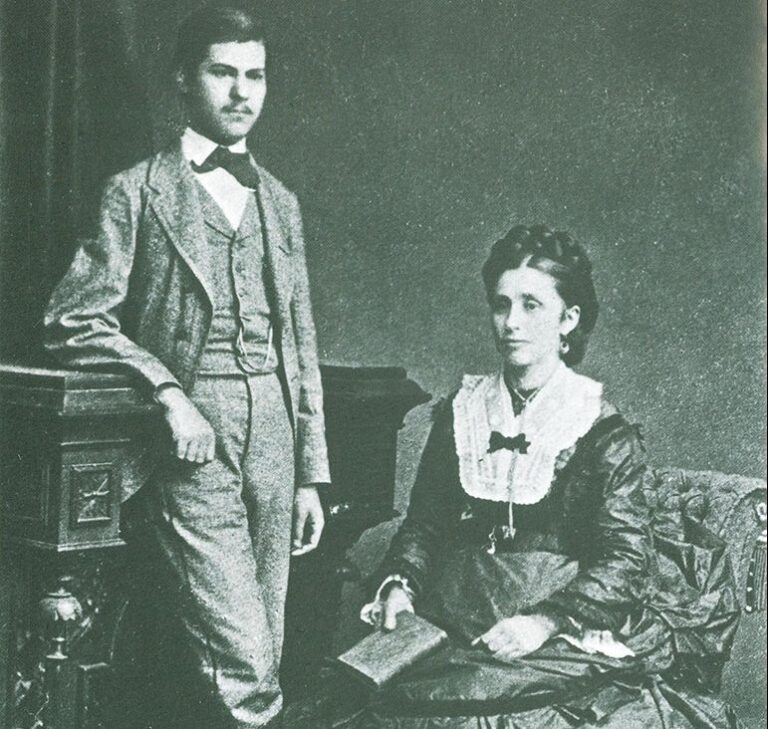Writing Lessons: Rose Waldman

In our Writing Lessons series, writing students will discuss lessons learned, epiphanies about craft, and the challenges of studying writing. This week, we hear from Rose Waldman, a student in the MFA program at Columbia University. —Andrew Ladd, Blog Editor
 Like many emerging writers, I had become resigned to soulless “Thank you for your submission” rejection letters. But amidst a succession of form rejections, I finally got a personal note. It began with some kind words about the story I’d submitted, and then came the but: “Unfortunately, we felt that the characters needed to be filled in a bit more…”
Like many emerging writers, I had become resigned to soulless “Thank you for your submission” rejection letters. But amidst a succession of form rejections, I finally got a personal note. It began with some kind words about the story I’d submitted, and then came the but: “Unfortunately, we felt that the characters needed to be filled in a bit more…”
I analyzed this editor’s words as if they’d come from an oracle’s mouth. Determined to “fill in my characters,” I printed out the story and painstakingly underlined each word, phrase or sentence that appeared to be highlighting the character’s, well… character. I made bulleted lists of each character’s attributes; her/his backstories, hobbies, and idiosyncrasies.
Armed with my lists and my marked-up story, I approached Sheila Heti, with whom I was then taking a class called “What is a character?” She read the editor’s note and glanced at my red-marked story. “Rose,” she said, “I don’t think the editor is interested in more characteristics; I think she just wants the character to feel more honest.”
People sometimes talk about a lightbulb moment, and this was mine.
In a single click, I realized that I’d been approaching characterization the wrong way. I was viewing my characters from a distance. They were the people on the page, and I was the clacker of the keyboard. We were discrete entities.
True, I’d sweated over these characters, imagined their experiences, their relationships, and their feelings. But what I should have been doing instead was to inhabit them. Become them. It is difficult enough to know—with complete honesty—what we ourselves are feeling and thinking; knowing what others are is downright impossible.
And so, I have changed my MO. Instead of hitting the keyboard in a rush—afraid lest I lose my motivation/patience/confidence to write—I allow myself the time and brainspace to ease into my story. For a brief period, I become my character.
Here’s how I do it:
I close my eyes and pretend I am the character. If my character likes a certain type of music, I try to put that on. I imagine how I look, what I’m wearing, and try to pose in a stance that seems true of my character. Once my bearing is right, my thoughts and feelings usually follow. I find myself turning sad or happy over experiences in a life that does not actually exist.
In doing this little exercise, I have discovered some stunning things. Where I had previously written that my character feels sad, I realized that what she actually feels is shame. This revelation changed the entire ending of one of my stories, making it richer—and better yet, more honest.
It would be nice to wrap up this essay with a tidy, feel-good conclusion: to claim that my stories now no longer get rejected. I can’t do that. But darn if I haven’t internalized this lesson on honesty.
To submit your own essay to Writing Lessons, read our guidelines here.

